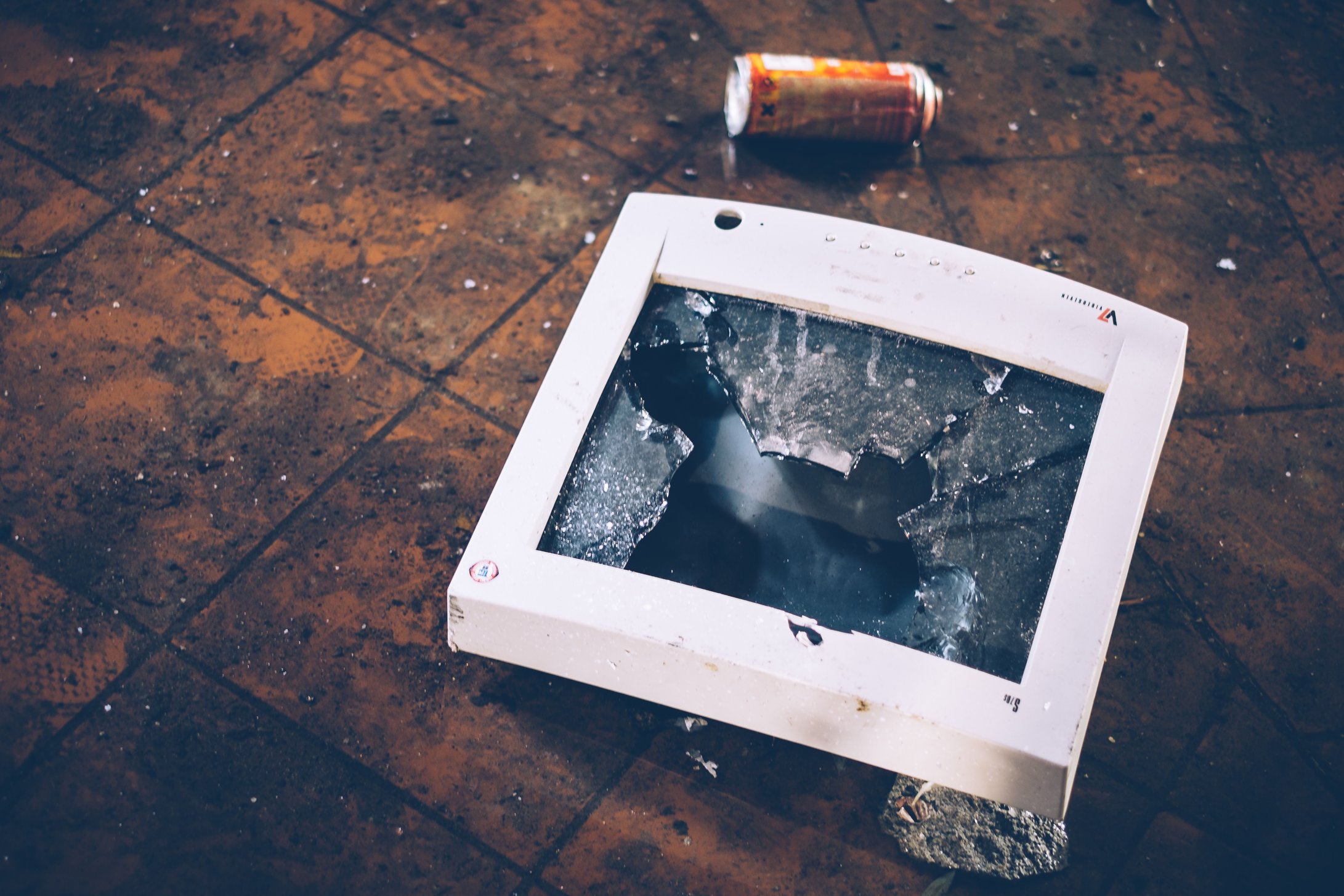
06 Nov Suffering From Technostress at Work? Read These Tips
Technostress was coined by clinical psychologist Dr. Craig Brod over 30 years ago, but remains more pertinent than ever in today’s digital world. It describes the stress caused by rapid technological change that requires constant adaptation. This technological stress can be invoked in two ways; either by an over-identification with technology (technology addiction or overuse) or a difficulty in accepting or grasping technology. In 1984, Brod summarised technostress as, “a modern disease of adaptation caused by an inability to cope with new technologies in a healthy manner”.
Technostress at Work and Beyond
On the one hand, technostress equates to the frustration of having to learn how to use and adapt to an increasing number of digital devices and programmes. In the workplace, there are constant improvements and ‘updates’ that require time out of our busy working days. But as Silicon Valley works hard to make tech more intuitive, another interpretation of technostress for today’s digital natives could be understanding how new technology is constantly increasing demands on our time and resources. Heidi Hanna, Executive Director of the American Institute for Stress writes, “some people feel on-edge from the noise of tech and knowing demands on our time and resources constantly increase with each incoming email”. To this you could also add other forms of technology, like office-based instant messaging and project management platforms that are ironically designed to make us more productive, as further channels that increase the number of demands on our time.
Why is it so hard to switch off? One reason could be due to the increasingly blurred line between work and home life. This means that with the heightened connectivity that our smartphones offer, it’s more and more difficult to ignore messages outside of working hours. As a result, many people might experience a maintained level of stress during evenings and weekends.

Another reason could be how technology has increased our sense of FOMO, the fear of missing out. This is commonly used to describe missing out on social situations, but ‘career FOMO’ has also been quoted as a source of stress for employees. The events we choose not to go to and the office party we missed will likely be documented on social media, as well as being discussed at work. And, while Instagram is often dubbed a ‘highlights reel’ and the social network deemed to have the worst impact on young people’s well-being, doesn’t the comparison-culture of business-orientated LinkedIn also merit some further research? Notifications and updates bombard you after each login with news of someone’s promotion or career achievement, making it easy to feel as if you are lagging behind.
If you think you’re suffering from technostress and digital burnout at work, or are just fed up with juggling multiple conversations across multiple apps, try these three useful tips to help you switch off.
3 Tips for Dealing with Technostress
1. Streamline your messaging
Ever had a conversation with the same colleague via multiple apps and platforms at the same time? It’s unlikely that you only communicate with colleagues, or even clients, via email. To avoid feeling overwhelmed with notifications across different platforms, reduce the number of messaging applications you use to the bare minimum.
2. Reduce your availability
Always replying to emails at the weekend? Have you become accustomed to getting back to your colleagues’ Slack or Skype messages after work hours? If you’re that person who can always be relied upon, try to set limits around your work-related messages. Turn off your notifications at a certain time, or if you’re feeling the need to be more drastic, delete your email app for the weekend!
3. Stop media multitasking
With so many different channels to communicate via in the office, it’s easy to flick between applications, inboxes and ‘boards’ before realising you’ve accomplished very little ‘work’. Turn off pop-up notifications on your laptop and allow yourself to be fully engaged with the task at hand. Worried about missing something? Set aside regular slots to check email.
Tech is designed to serve us, but if it’s leaving you feeling stressed and overwhelmed in the workplace, these tips are a good place to start re-balancing your relationship with the digital world.




Sorry, the comment form is closed at this time.